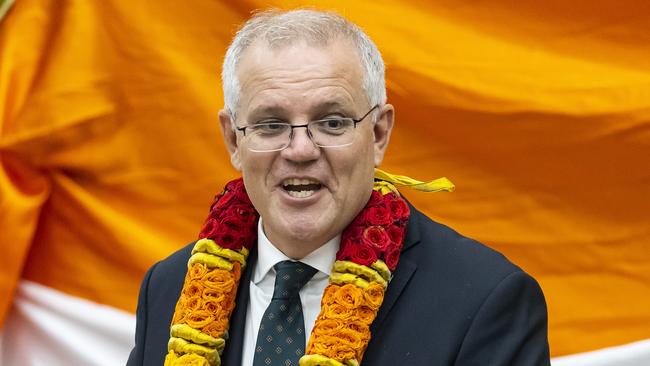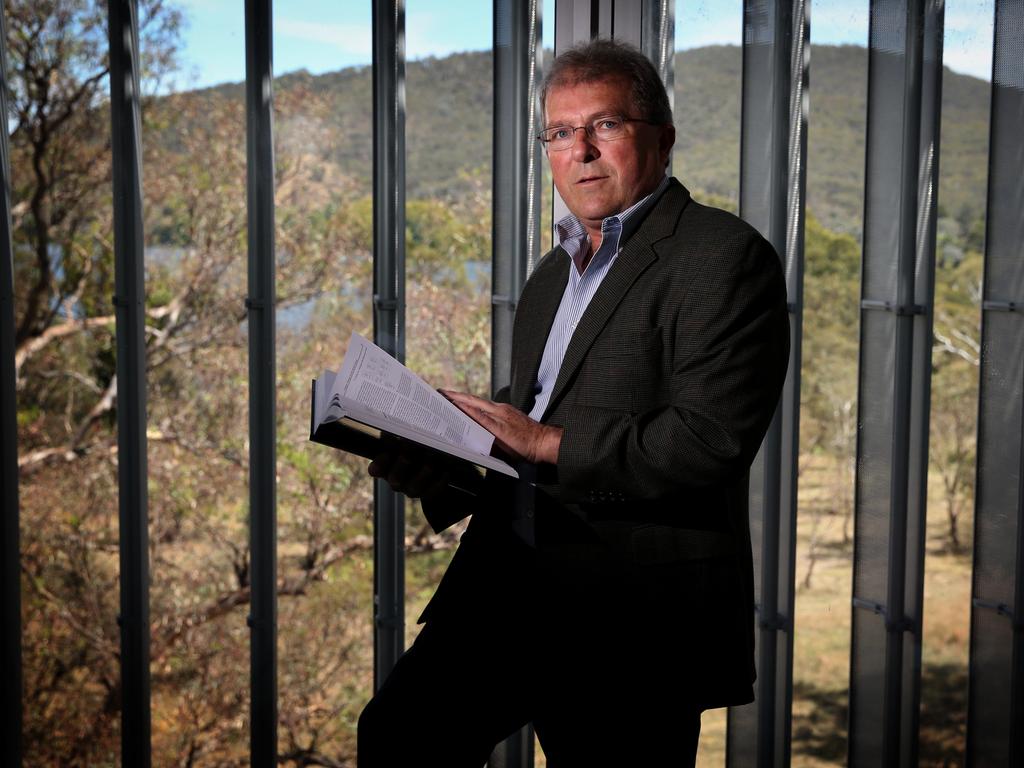Standard of government policy decisions declines
The standard of state and federal government decision-making has fallen this year under the pressure of emergency policies taken to deal with the pandemic and bushfires.

The standard of state and federal government decision-making has fallen this year under the pressure of emergency policies taken to deal with the pandemic and bushfires.
Two Morrison government coronavirus economic supports – the Income Support Bill and the JobMaker hiring credit to increase Covid-19 support and encourage employment – were deemed “unacceptable” processes as was the NSW government’s emergency bushfire bill.
At the start of the pandemic last year there was a rise in the standard of federal, NSW, Victorian and Queensland decision-making, according to an annual independent assessment of 20 government decisions.
Last year there were nine government decisions rated as acceptable, sound or excellent but this year the assessments rated only 6 decisions as acceptable or sound with no excellent ratings.
The number of unacceptable government decision processes jumped from two last year to five this year.
The highest- and lowest-rated decisions were not pandemic or bushfire related, with the two philosophically opposed right and left think tanks, the Institute of Public Affairs and Per Capita, both nominating the Federal Corporate Insolvency Bill – to deal with bankruptcies – as the best and the Victorian government constitutional fracking ban as the worst.
The fourth annual assessment of decision-making under the Evidence-Based Policy Research Project has found that governments continue to only “loosely follow” good decision-making procedures including public exposure.
Former NSW Treasury secretary Percy Allan, chair of the project’s steering committee, said the ample evidence of “faulty decision-making processes at all levels of government” could be avoided with proper processes.
“If every major government decision stated why it was needed, who was consulted on it, what was its public purpose, what alternative options were considered, why it was the preferred policy, and how it would be administered, the scope for corruption, misallocation and waste of public money would be diminished,” Professor Allan said.
“Having auditors-general, integrity bodies and select committees of inquiry rake over failed policies and processes does not fix the underlying problem.”
Former NSW education minister, Verity Firth, now executive director of social justice at UTS, said this year had been a challenging year for governments because of the outbreak of the Delta variant of the coronavirus, but the spotlight needed to be kept on good policy processes.
“Evidence-based and engaged public policymaking is even more critical during times when governments face their biggest challenges,” she said.
“The Evidence-Based Policy Research Project has kept the spotlight on government policy making for the fourth year in a row, providing much needed insight into the dos and don’ts of best practice policy making.”
The project’s report found that the policies that came closest to an ideal decision-making process were the Federal Corporate Insolvency Bill (8.5/10) and the Queensland Forest Wind Farm Development (8.0/10).
Acceptable scores, between 7.0 and 7.5, were achieved by the Federal Freedom of Speech Bill (7.5), the NSW Domestic Violence Bill (7.0), the Queensland Child Sexual Assault Bill (7.0) and Wage Theft Bill (7.0).
The lowest scored case studies were the Federal Income Support Bill (4.5) and JobMaker Hiring Credit Bill (4.5), the Victorian Drug Court Bill (4.0), the NSW Bushfires Bill (3.0) and the Victorian Constitutional Fracking Ban Bill (2.5).
Sam Mellet, director of the Susan McKinnon Foundation that funded the project, said: “Policy development in Australia tends to be short-term, partisan, and reactionary and often lacks a public mandate for implementation.”
“Our governments should deliver evidence-based policies by taking a ‘business case approach’ in dialogue with communities and affected stakeholders,” he said.






To join the conversation, please log in. Don't have an account? Register
Join the conversation, you are commenting as Logout